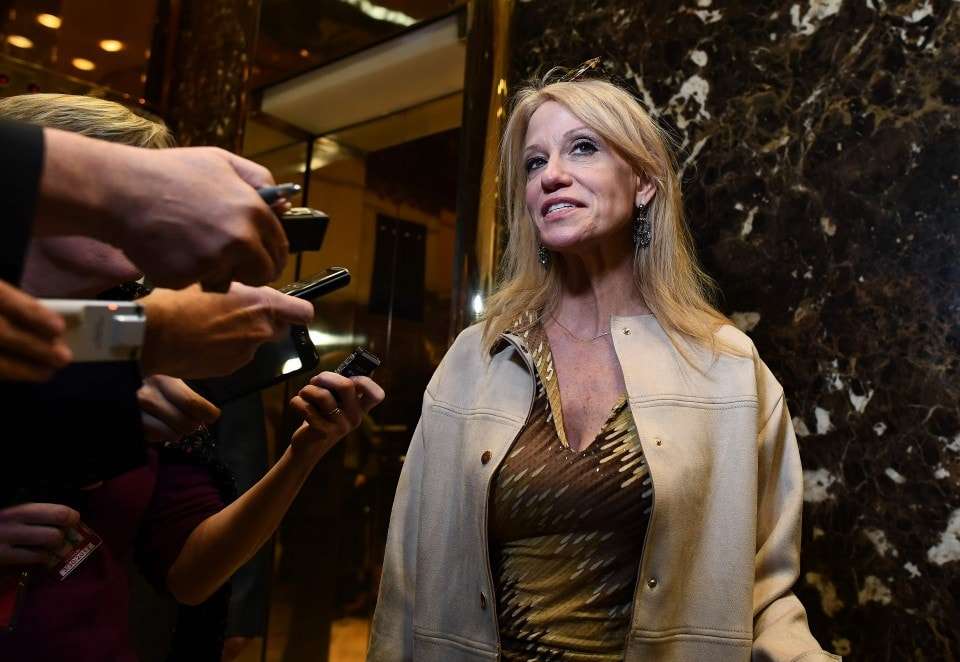Could private schools discriminate against Kellyanne Conway's children because of her GOP connection?

There's been talk about the possibility that some D.C. area schools might not admit Kellyanne Conway's children because of her connections to the incoming administration - because she was President-elect Donald Trump's campaign manager and will be one of his top advisers. As The Post's Valerie Strauss notes, it's far from clear that any schools would indeed take such a view. But assume for the sake of argument that some schools did decide to reject children because their parents were Trump officials, or at least put a thumb on the scales against the children - for instance by refusing to let them transfer midyear even though they would have let high-level Democratic officials' children transfer mid-year. Would that be legal?
The answer, it turns out, is "probably no" in the District and "yes" in Virginia, Maryland and almost anywhere else in the country.
1. The rest of the country: The First Amendment would bar public schools from discriminating against Republicans or Democrats by denying admission to their children. But this doesn't apply to private schools, even if the private schools get various government benefits (see Rendell-Baker v. Kohn (1982)). Federal statutes generally require schools that get government benefits to not discriminate based on race or national origin - but political affiliation isn't on the list of those forbidden grounds.
Likewise, many state statutes generally bar discrimination based on race and other attributes, but again they don't generally include political affiliation as a forbidden attribute. Many more states and cities bar discrimination based on political affiliation - and, often, political speech and other speech - in employment (see this article). But bans on political affiliation discrimination in private schools and in places of public accommodation are much less common.
2. The District: But D.C. is one of the very few jurisdictions that generally bans discrimination based on political affiliation in K-12 education. See D.C. Code §§ 2-1401.02(8), 1402.41. This includes discriminating against children based on the political affiliation of their parents. (The law bars discrimination against "any person" based on the "political affiliation" of "any individual," not just based on the person's own political affiliation.)
And it includes discrimination against high-level Republican officials, even if rank-and-file Republicans are allowed. So long as the school would allow the children of high-level Democrats but not the children of high-level Republicans, it is discriminating based on political affiliation. (A school that categorically excluded the children of high-level officials of all political stripes would not be discriminating based on political affiliation, which D.C. law defines as "the state of belonging to or endorsing any political party.")
The one question here is whether a hypothetical no-Trump-officials school could defend its position on the grounds that discrimination against the children of Trump administration officials is discrimination based on the particular beliefs of the particular Republican for whom they are working, and thus not discrimination based on political party membership generally. I doubt that a court would buy such an argument, especially given caselaw stating that the act is to be "read broadly," and given that American parties' policies are often closely associated with the policies of their presidential candidates. But the prohibition on political affiliation discrimination has rarely been litigated, so there's little express precedent on the subject.
